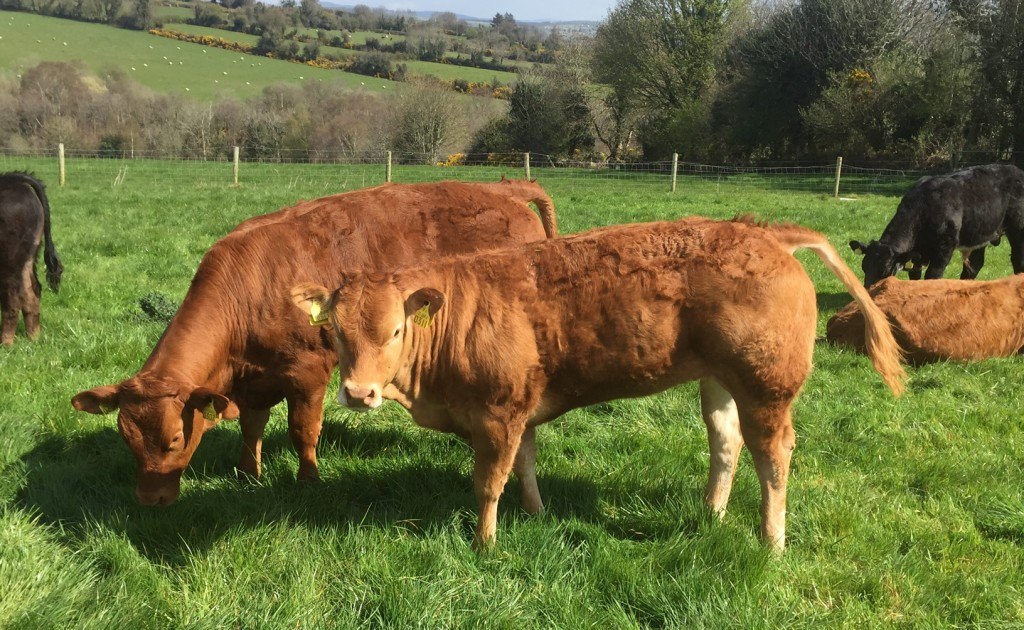
The Northern Ireland farming industry has been encouraged to take up the BVD Incentive Scheme, which targets the removal of BVD infected animals.
It is estimated that more than 90% of UK herds have had exposure to bovine virus diarrhoea virus (BVDv).
BVD causes reduced fertility, poor production and increased susceptibility to other infections especially in young calves.
Ulster Farmers’ Union (UFU), deputy president, Victor Chestnutt has encouraging livestock farmers around the country to make sure they get into scheme.
Funding for the scheme is limited, but Northern Ireland's Department of Agriculture, Environment and Rural Affairs (DAERA) is offering financial support for the early removal of BVD positive calves.
'Benefits for the entire industry'
“This support is expected to be available up to the end of September, but to date, uptake has been modest,” said Mr Chestnutt.
“For some time the UFU has been pressing for measures to encourage farmers to remove persistently infected (PI) animals quickly.
“This is about eliminating BVD from Northern Ireland, and with this financial incentive in place, those reluctant to cull PI animals have no reason to retain them."
The UFU says anyone that has a BVD positive calf should use the scheme to help with the drive to secure national BVD free status. The union says this will bring benefits for the entire livestock industry.
“Our members wanted to see the funding from the EU Exceptional Adjustment aid scheme used to support animal health measures. They wanted to see programmes that deliver lasting benefits. DAERA responded with a scheme to facilitate the removal of BVD positive calves and we now want to see a greater and more enthusiastic uptake by farmers,” said Mr Chestnutt.
